Supercharge Your Recovery: Five-Star IVDP Integrated Treatment at Maurya Hospital
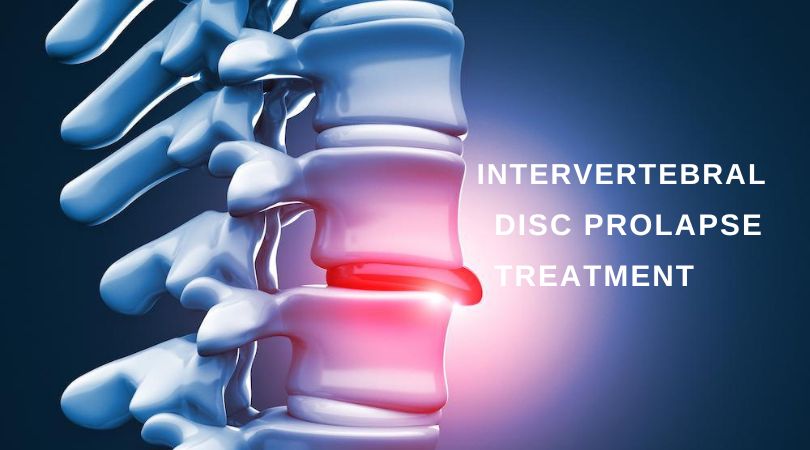
Intervertebral Disc Prolapse (IVDP) is a medical ailment that is also known as a herniated disc or slipping disc. It happens when the soft, gel-like center (nucleus pulposus) of a spine’s intervertebral disc bulges or ruptures through the stiff outer layer (annulus fibrosus). Depending on the location and intensity of the herniation, this illness can cause a variety of symptoms and problems.
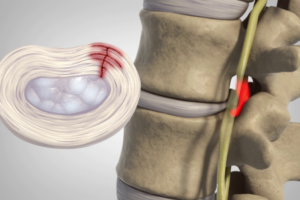
CAUSES
Intervertebral disc prolapse occurs when the inner core (nucleus pulposus) bulges or ruptures through the outer layer (annulus fibrosus). Several factors can contribute to this condition:
-
Age
Our discs lose moisture and become less flexible as we age, making them more susceptible to damage.
-
Injury
Trauma or damage to the spine can cause disc prolapse.
-
Repetitive Strain:
Repeated lifting, twisting, or other activities that strain the spine can contribute to disc problems.
-
Obesity
Excess body weight can put extra strain on the spine, raising the risk of disc herniation.
-
Genetics
Some people may be predisposed to developing herniated discs due to hereditary factors that influence the strength and integrity of the spinal discs.
-
Smoking
Linked to decreased blood supply to the spinal discs, which can hinder healing and make them more vulnerable to damage.
-
Degenerative Disc Disease
As the spinal discs age naturally, they become more prone to herniation. This is referred to as degenerative disc disease.
-
Occupational Factors
People who work in jobs that require repetitive or heavy lifting, bending, or twisting may be more likely to develop
COMMON SYMPTOMS
| Back Pain | Difficulties in walking and running |
| Numbness | Loss of control of bowels and urine |
| Decreased range of motion of Spine | Muscle weakness |
| Pain radiating to hips, buttocks, or legs | Abnormal reflexes |

TREATMENT FOR INTERVERTEBRAL DISC PROLAPSE AT MAURYA
AYURVEDA TREATMENT
Ayurveda treatment at Maurya mainly focuses on therapies that promote a reduction in pain, stiffness, numbness, and muscle spasms. We have a team of excellent Ayurveda Physicians who easily handle such cases. The therapies vary from patient to patient, but we can give you a peek into the treatment procedures you can expect at Maurya Ayurveda Hospital.
1. Rooksha Vasti
- For IVDP, Ruksha Vasti is employed as part of a comprehensive treatment strategy to calm Vata and lessen pain and stiffness. Specific herbal oils or decoctions with drying and warming properties may be chosen during a Ruksha Vasti treatment for IVDP to balance Vata and reduce symptoms.
- The procedure promotes detoxification, eases pain, and improves circulation in addition to improving general health.
2. Nasya
- Nasya therapy is believed to help balance Vata dosha, promote the cleansing of toxins, and enhance the functioning of the head and neck region.
- Generally, the oils used in nasya for Vata-related disorders have warming and nourishing properties. They may contain herbs that have calming and balancing effects on the nervous system.
- This process can help reduce pain, relieve congestion, improve breathing, and promote a sense of calm and relaxation to counter the effects of Stress and strain on IVDP.
3. Ruksha Kizhi
- Ruksha Kizhi involves the application of heated, dry herbal powders or herbal boluses to the body. It is a form of sudation therapy used to treat IVDP by its action on Kapha dosha which envelopes the Vata Dosha to get rid of pain, stiffness, and inflammation.
- In Ruksha Kizhi, the herbal powders are typically dried and finely ground herbs with properties that provide a drying effect. This helps to deliver the therapeutic properties of the herbs and stimulate circulation, reduce pain, improve flexibility, and promote healing.
5. Udwarthanam
- Udwarthanam is the practice of massaging the body upwards using medicated Ayurvedic powders against the direction of hair growth.
- This treatment is known for its power to lower inflammation, enhance circulation, and strengthen muscles. Udwarthana can ease muscle tension in the affected area, lessen discomfort, and improve general wellbeing in IVDP patients.
4. Elakizhi
- Elakizhi is the term for the coordinated application of heat by therapists using poultices (Kizhi) made of appropriate leaves which have properties to reduce pain, stiffness, and tenderness.
- The patient is instructed to lie down on his back and suitable oil is applied all over the body. Kizhi is then heated over a mild fire as per the patient’s comfort and then massaged all over the body by Therapists.
5. Kashaya Dhara
- During a Kashaya Dhara session, a warm herbal decoction is continuously poured over the affected areas of the body, such as the back, neck, or specific tender points.
- The decoction is typically prepared with herbs that possess anti-inflammatory, analgesic, and muscle-relaxing properties.
6. Pichu
- Procedure where long, thick strips of cotton wool are soaked in warm medicated oil and placed over affected areas.
- Pichu provides considerable relief from pain, numbness, and stiffness. Also, the medicated oils used for Pichu contain muscle-strengthening properties, thereby resulting in a considerable reduction of pain, numbness, and stiffness.
7. Greeva Vasti
In Greeva Vasti, warm medicated oil is retained in a well made of flour dough over the neck for a certain period of time. This mode of treatment is an excellent solution for the symptoms associated with IVDP.
8. Kati Vasti
Similar to Greeva Vasti, in Kati Vasti, warm medicated oil is retained in a well made of flour dough over the lower back for a certain period of time. This procedure has proven beneficial for reducing pain, associated numbness, and inflammation.
PHYSIOTHERAPY
At Maurya Ayurveda Hospital, we offer specialized physiotherapy programs tailored to individuals suffering from Intervertebral Disc Prolapse (IVDP). Our dedicated team of experienced physiotherapists works closely with patients to provide comprehensive care and rehabilitation. Using a personalized approach, we focus on pain management, strengthening exercises, posture correction, and lifestyle modifications to enhance the overall well-being of IVDP patients. With a commitment to restoring mobility and improving quality of life, our physiotherapy services play a vital role in the recovery journey of IVDP patients at our hospital.
ACUPUNCTURE
At Maurya Ayurveda Hospital, we offer acupuncture as a part of our integrated therapy for patients dealing with Intervertebral Disc Prolapse (IVDP). Our experienced and licensed Naturopathy Physicians carefully administer treatment to help alleviate pain, promote muscle relaxation, and reduce stress in IVDP patients.


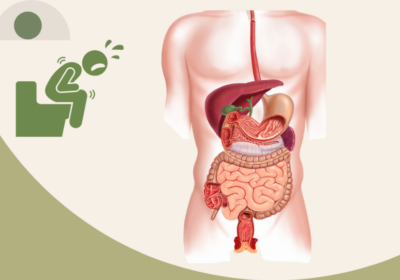
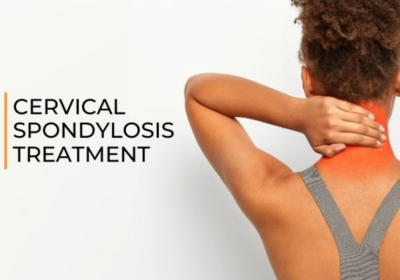
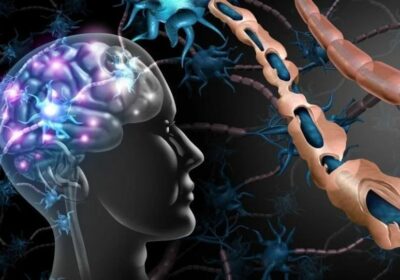
Leave a Reply
You must be logged in to post a comment.